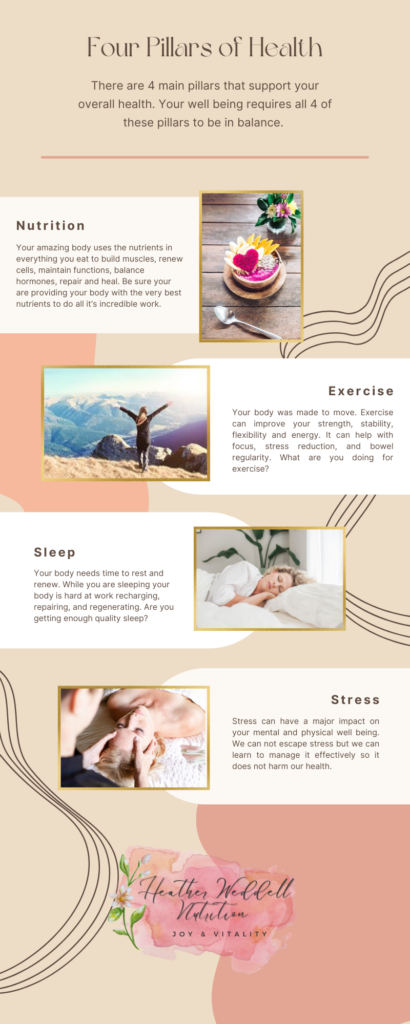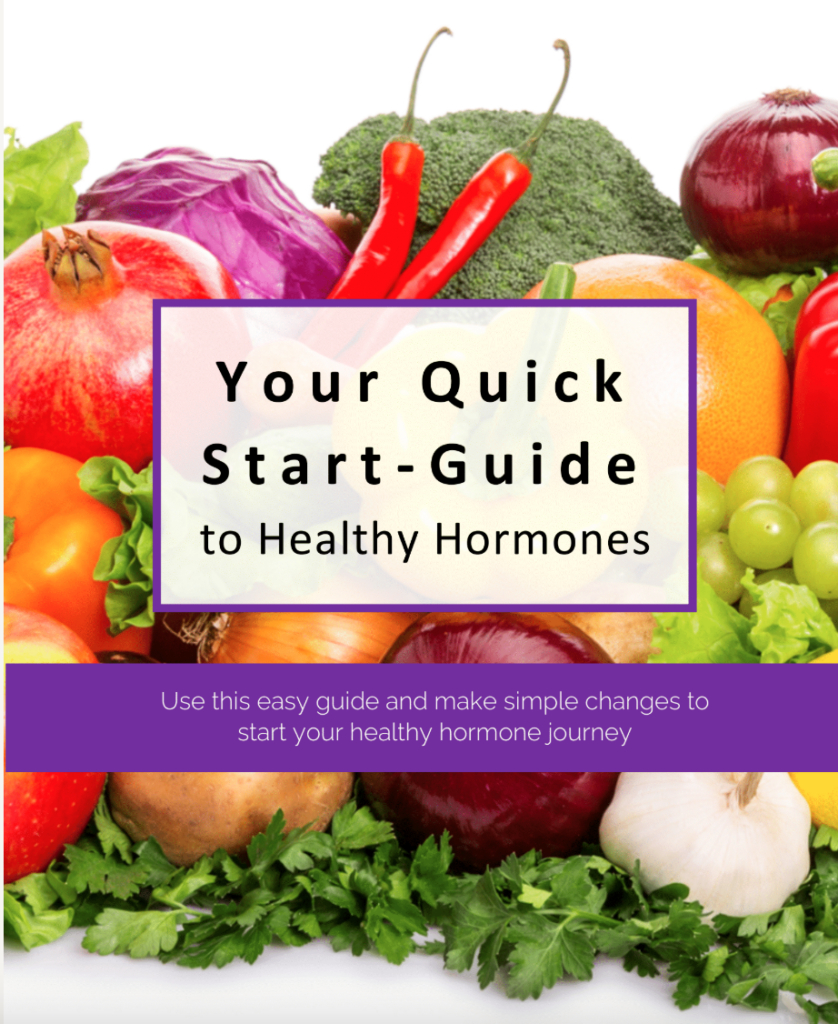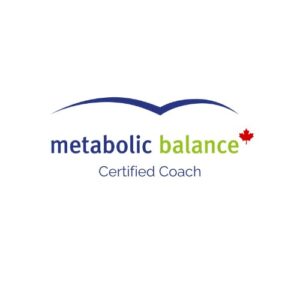Stress – we all know it and we all feel it. Some days are better than others. Yes, it is part of our daily life, but why has it become such a focus in recent years? How come we are all searching for stress management techniques?
Did you know that the American Institute of Stress found that about 33 percent of people reported feeling extreme stress? And check this out:
- 77 percent of people experienced stress that affects their physical health
- 73 percent of people had stress that impacted their mental health
No wonder the World Health Organization called stress the “epidemic of the 21st century.” Plus, many research studies have shown that mismanaged or ignored stress can lead to serious issues.
Do you need to do some stress busting?
Signs and Symptoms of Stress
There are many signs and symptoms of stress. Often, we experience these symptoms clustered together. Frequently, they overlap because they are interrelated. According to the Global Organization for Stress, symptoms can be physical, emotional, psychological, and behavioural.

Physical symptoms can include:
- various pains
- muscle stiffness
- rashes
- digestive issues
- blood pressure issues
- weight issues
- immune system imbalances leading to more colds, flu and infections.
Emotional symptoms you may notice include:
- anxiety
- fear
- depression
- irritability
- anger
- frustration
Psychologically you may notice:
- memory loss
- an increased inability to concentrate
- confusion
- a racing mind
Stress can affect your behaviour too. You may notice yourself:
- drinking more alcohol
- arguing more
- yelling
- crying
- isolating yourself from others
- developing nervous habits like nail biting
Stress and Your Hormones
To simplify it, consider stress as a physiological response that often feels emotional. Whether we are running around trying to meet all our obligations, or we are unhappy, frustrated, angry, nervous, or actually in real immediate danger, our body has the same reaction. Our adrenals are programmed to help protect us from physical danger. Therefore, they respond by releasing the hormone adrenaline to provide extra energy and strength. This is the “fight or flight response”.
Unfortunately, our body does not know the difference between physical danger, or striving to make a deadline, or just being super busy. The hormone cortisol increases during “fight or flight”. And this is the very hormone that can cause many of our health problems when it gets out of balance.
Normal cortisol levels are necessary. Cortisol is our “awake” hormone and allows us to function and be alert. But when we are stressed, our cortisol levels rise. Too much cortisol has been linked to many health concerns such as:
- heart disease
- cancer
- diabetes
- depression
- anxiety
- weight gain
- headaches
- and more
Why does it feel emotional?
The adrenal glands interact directly with the nervous system. When it is agitated it can make us feel moody, depressed, anxious, jittery, and fatigued, and can cause headaches. The adrenals also affect:
- the gastrointestinal system
- the circulatory system
- the respiratory system
- the immune system.
Seriously! The adrenals are connected to every activity in the body. Why? Because if you were in real physical danger, the adrenals need to be able to control every aspect of the body. This is how it prioritized functions to maximize your ability to defend yourself against a saber-toothed tiger – by either “fighting” or “fleeing”.
Here are 8 Stress Busting Strategies you can try NOW

1. Take a short break and get some fresh air. Taking a walk outside is a great way to do this.
2. Find tranquility by listening to classical music.
3. Reduce your screen time and shut it off completely at least 2 hours before bedtime. This will also help you to get a good night’s rest.
4. Exercise gives you a break, produces endorphins (helpful hormones in your brain) and can help you decompress.
5. Clear your mind by talking it out with a close friend or by journaling. Listening to and helping a close friend is also super beneficial because it focuses your energy away from your stresses and onto solutions.


6. Eat a well-balanced diet of fresh whole foods. Did you know that 95% of your serotonin (chemical linked to happiness) receptors are in your gut? Also cut back on caffeine. It can spur feelings of anxiousness and restlessness. Oh, and stay hydrated with 6 to 8 glasses of water a day.
7. Watch a comedy. Laughter can shrink stress responses and stimulate your heart, lungs and body muscles
8. Chew gum. Chewing gum can help reduce anxious or down feelings, fatigue, and put you in a better mood.
A Holistic Approach to Stress Management
Managing stress effectively requires a personalized plan based on all the main pillars of health. A holistic approach to stress management, based on the pillars of health, is widely considered the most effective because it recognizes the interconnectedness of various aspects of well-being. When one pillar is neglected, it can negatively impact the others, leading to an imbalance that makes an individual more susceptible to the damaging effects of stress.
As a Registered Holistic Nutritionist, I focus quite a bit on Physical Health: This pillar focuses on the body’s physiological needs.
- Nutrition: A balanced diet provides the necessary nutrients for optimal brain function, mood regulation, and overall physical resilience. Poor nutrition can lead to energy crashes, inflammation, and exacerbate stress responses.
- Physical Activity/Movement: Regular exercise helps reduce stress hormones, boosts endorphins (mood elevators), improves sleep, and strengthens the body’s ability to cope with physical and mental demands.
- Sleep: Adequate and quality sleep is crucial for the body and mind to repair, restore, and recharge. Sleep deprivation significantly impairs cognitive function, emotional regulation, and increases susceptibility to stress, anxiety, and depression.
Other pillars I support my clients with are:
- Emotional Health: This pillar deals with recognizing, understanding, and managing feelings.
- Emotional Awareness and Regulation: The ability to identify one’s emotions and respond to them constructively is key. This includes learning healthy coping mechanisms for stress, rather than allowing emotions to overwhelm or control you.
- Mindfulness and Relaxation: Practices like meditation, deep breathing, and other relaxation techniques can significantly reduce stress and anxiety, improve focus, and promote a sense of inner peace.
- Mental/Cognitive Health: This pillar relates to our thoughts, learning, and cognitive function.
- Cognitive Function: Engaging in mentally stimulating activities, managing thoughts, and fostering a positive mindset contribute to mental clarity and resilience.
- Stress Management Techniques: Beyond emotional regulation, this includes developing skills like time management, problem-solving, and reframing negative thoughts to reduce cognitive load and stress.
- Social/Spiritual Health: This pillar emphasizes connection, purpose, and meaning.
- Social Connection: Fostering healthy, supportive relationships provides a crucial buffer against stress and loneliness. Human connection reduces emotional strain and offers a sense of belonging.
- Sense of Purpose/Spirituality: Having meaning, direction, or a connection to something larger than oneself can provide inner peace, resilience, and a framework for navigating life’s challenges. This can be through religious beliefs, community involvement, or personal values.
Why this holistic approach is the best for stress management:
- Interconnectedness: Stress isn’t isolated to one part of your life. Chronic stress impacts your physical body (e.g., increased cortisol, inflammation), your emotions (e.g., irritability, anxiety), your thoughts (e.g., difficulty concentrating), and your relationships. Addressing all four pillars simultaneously creates a synergistic effect, where improvements in one area positively influence the others. For example, better sleep can improve mood and cognitive function, making it easier to engage in physical activity and manage emotional responses.
- Root Cause Addressing: A holistic approach aims to address the root causes of stress and build overall resilience, rather than just treating symptoms. If someone is constantly stressed due to poor sleep and an unhealthy diet, simply trying to “think positive” will be less effective than also optimizing their sleep and nutrition.
- Sustainable Well-being: By building strong foundations in all areas of health, individuals develop a more robust and sustainable capacity to handle life’s inevitable stressors. It’s about creating a lifestyle that inherently reduces vulnerability to stress and promotes overall flourishing.
- Empowerment: This approach empowers individuals to take control of their well-being across multiple domains. It recognizes that personal choices in these four areas have a profound impact on stress levels and overall health.
- Comprehensive Resilience: Life throws many challenges our way. When all four pillars are strong, an individual has a greater capacity for resilience, bouncing back more effectively from adversity and maintaining a balanced state even in demanding circumstances.
In essence, thinking of health as a table supported by four legs is a powerful metaphor. If one leg is weak or missing, the table will wobble or collapse. By intentionally nurturing each of the four pillars, you create a stable and resilient foundation for managing stress and living a more balanced and fulfilling life.

Book your complimentary Clarity Call with me to discover which of my programs or services would be best for your unique needs.














